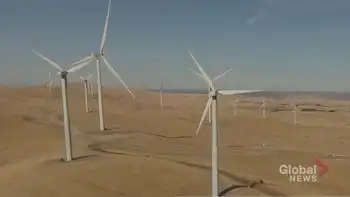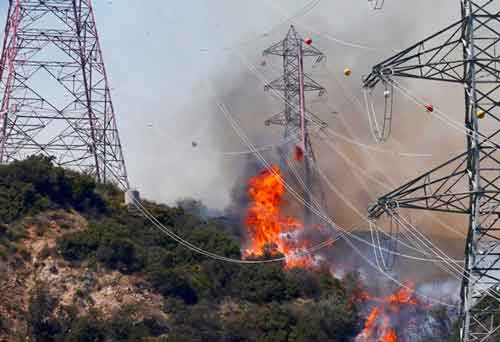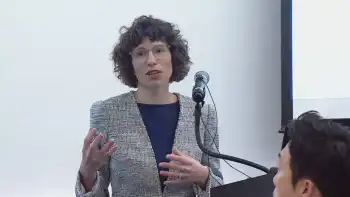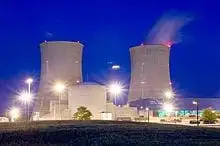U.S. drops research into fuel cells for cars
By New York Times
Substation Relay Protection Training
Our customized live online or in‑person group training can be delivered to your staff at your location.

- Live Online
- 12 hours Instructor-led
- Group Training Available
Developing those cells and coming up with a way to transport the hydrogen is a big challenge, Energy Secretary Steven Chu said in releasing energy-related details of the administrationÂ’s budget for the year beginning October 1. Dr. Chu said the government preferred to focus on projects that would bear fruit more quickly.
The retreat from cars powered by fuel cells counters Mr. Bush’s prediction in 2003 that “the first car driven by a child born today could be powered by hydrogen, and pollution-free.” The Energy Department will continue to pay for research into stationary fuel cells, which Dr. Chu said could be used like batteries on the power grid and do not require compact storage of hydrogen.
The Obama administration will also establish eight “energy innovation hubs,” small centers for basic research that Dr. Chu referred to as “Bell Lablettes.” These will be financed for five years at a time to lure more scientists into the energy area.
“We’re very devoted to delivering solutions — not just science papers, but solutions — but it will require some basic science,” Dr. Chu, who won a Nobel Prize for his work in physics, said at a news conference.
He said he would probably reverse another Bush administration decision and restore funds for FutureGen, a program to build a power plant prototype. The plant would turn coal into gas, separate out the carbon dioxide — a major contributor to the greenhouse gases that cause global warming — and pump it underground. Then it would burn the hydrogen, which is nearly pollution-free.
An international partnership had selected a site in Mattoon, Ill., for construction of the plant, but the Bush administration decided that the costs were too high and that the money should be spread among more projects.
The Obama administration will also drop spending for research on the exploration of oil and gas deposits because the industry itself has ample resources for that, Dr. Chu said.
While the budget request for the Energy Department is $26.4 billion, an increase of less than 1 percent, actual spending will actually be far higher because some projects will be financed by the economic stimulus package, said Steve Isakowitz, the departmentÂ’s chief financial officer.
While Dr. Chu emphasized the allocations for research, a former Energy Department official, Robert Alvarez, pointed out that the budget still includes $6.4 billion for nuclear weapons and $4.4 billion for naval reactors, nuclear nonproliferation activity and safe storage of surplus plutonium. “Weapons still make up the largest single expenditure,” he said.











